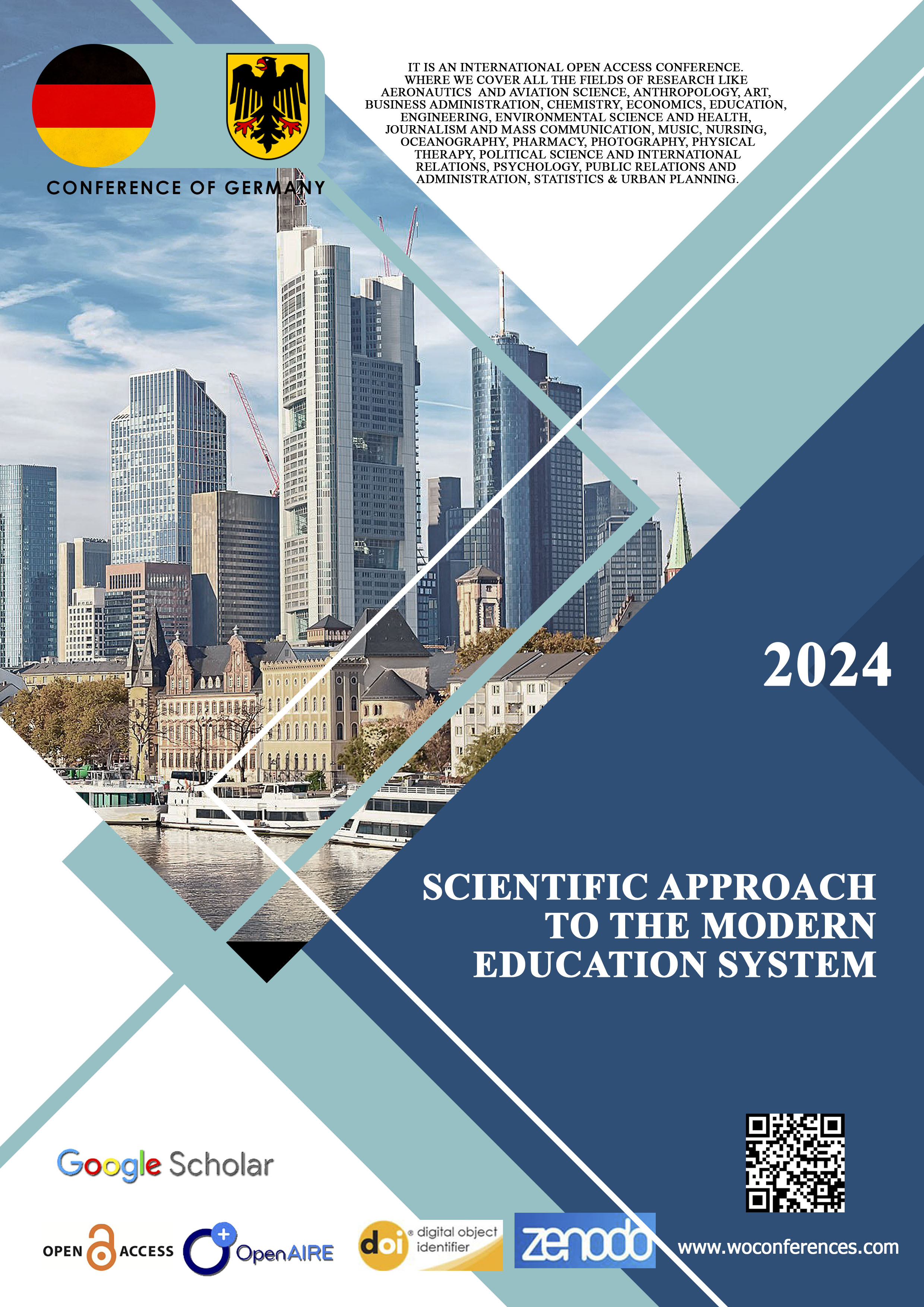EFFECTIVENESS OF MODERN EDUCATIONAL TECHNOLOGIES IN HIGHER EDUCATION INSTITUTIONS
Abstract
This article examines the effectiveness of modern educational technologies in higher education institutions. It discusses various pedagogical methods such as problem-based learning, multi-level learning, project-based learning, and the use of information and communication technologies (ICT). The article highlights how these innovative approaches contribute to improving the quality of education, fostering students’ cognitive and creative skills, and promoting individualized learning paths. The integration of health-saving technologies and innovative assessment systems like portfolios is also analyzed. Overall, the study demonstrates that the application of diverse educational technologies enables educators to optimize learning time and achieve high student performance.
Keywords. Modern educational technologies, higher education, problem-based learning, project-based learning, multi-level learning, information and communication technologies (ICT), innovative assessment, health-saving technologies, individualized learning, pedagogical methods.
References
1. Fadel, C., Bialik, M., Trilling, B. Four-Dimensional Education: Competencies for Success. Translated from English. Moscow: Tochka Publishing Group, 2018. 240 p.
2. Fix, G.M., Ritzen, H.T.M., Pieters, J.M., Kuiper, W.A.J.M. Effective curricula for at-risk students in vocational education: a study of teachers’ practice.










